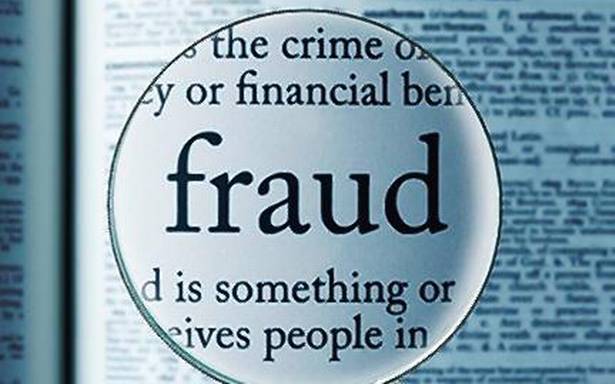Study cites pandemic induced pressure
Corporate fraud cases will rise in the next two years because of COVID-19 related pressures, 63% of independent directors (IDs) said in a survey.
This is because COVID-19 has significantly disrupted business environments, leading to change in business models, cash flow crunch, and remote working environment, which have exposed organisation and individuals to increased fraud-related vulnerabilities, the survey by Deloitte Touche Tohmatsu India LLP (DTTILLP), in association with the Institute of Directors (IOD), revealed.
Cybercrimes (23. 90%), financial statement fraud including incorrect business valuations (20.96%) and leak of sensitive information (12.87%) are the most likely fraud schemes to be experienced in the near future, according to the findings.
“Our survey results brought to the forefront that independent directors are ready to be part of a board that has previously experienced/reported fraud,” said Nikhil Bedi, partner and leader, Forensic, Financial Advisory, DTTILLP.
“However, the need is for IDs to invest time and efforts in increasing the in-depth understanding of fraud risks for them to play a meaningful role in ensuring robust corporate governance,” he said.
“Additionally, the results also highlight the need for organisations to critically evaluate the effectiveness of the existing fraud risk management framework in light of a rapidly changing business environment”, he said.
Rohit Goel, Partner, Forensic, Financial Advisory, DTTILLP said, “Although there are multiple priorities for those charged with corporate governance, given the current economic climate, it is likely that some organisations may seek to focus on prioritising sustainability of operations over other matters.”
“Under such circumstances, IDs need to act with the highest standards of vigilance and prudence,” he said.
As per the survey results, close to 75% IDs indicated that they could play an important role not only in fraud prevention and fraud reporting, but also in helping the organisation respond to fraud instances.
60% IDs indicated that they did not have an overall understanding of the existing fraud risk management framework (both in design and practice).
In addition, close to 65% IDs felt that the existing fraud risk management framework implemented by the organisations was inadequate to address fraud risks.
Over 62% indicated having been a part of less than three discussions over the last 18 months on FRM practices — indicating lack of periodic reviews of the FRM framework by the board to assess its effectiveness.
Close to 20% IDs felt that lack of awareness among employees on preventing fraud, misconduct, and non-compliance would contribute to the increase in frauds in coming years.
Source: Read Full Article

